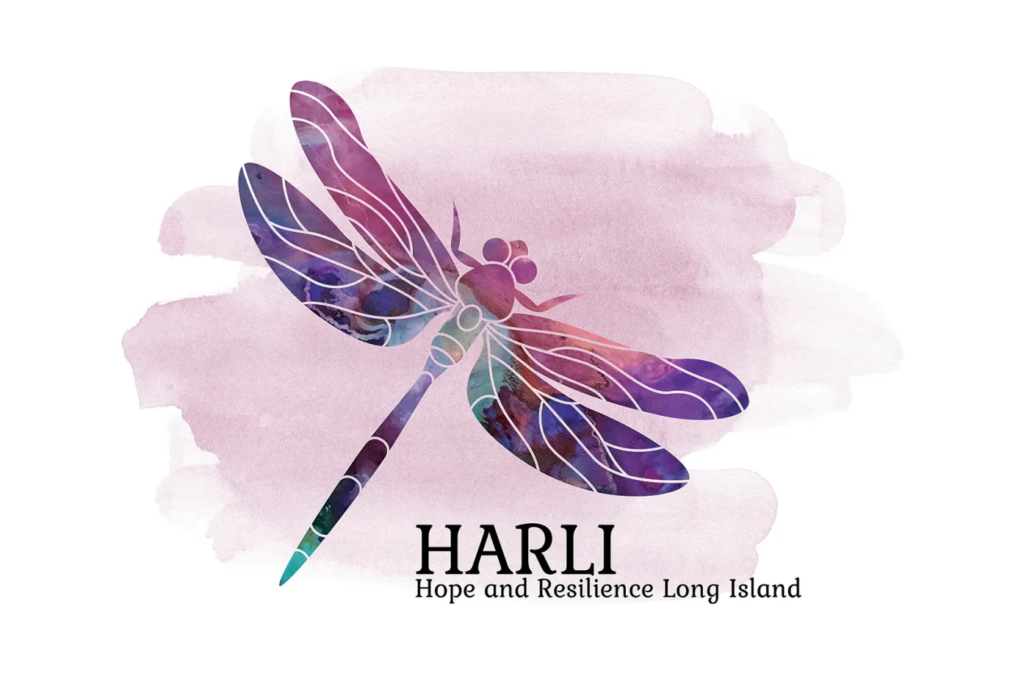Special Report: The Retreat seeks to stop abuse before it starts

Editor’s Note: This is the second of a two-part series on The Retreat. Read Part One, which detailed growing cases of abuse on Shelter Island, here.
The Retreat doesn’t just help battered women.
The East Hampton-based organization also works with schools and community groups to reach children growing up in abusive families, said Barbara Olton, a Shelter Island resident and the president of The Retreat board.
It’s critical to reach children, not only to give them a support system to deal with what’s going on in their households, but to help prevent a new generation of abusers, she said.
It’s not unusual for victims of abusers to grow up and become batterers themselves, according to Ms. Olton. That’s why Shelter Island School and Communities That Care, a drug and alcohol prevention group working with youths, are vital to the work at the Retreat.
Schools often are the first line of support to children in abusive households, Ms. Olton said. Teachers, nurses, administrators and others on staff will notice that a child is troubled and they’ll reach out in an attempt to determine what’s going on and what aid they can offer.
“We’re really pretty lucky on Shelter Island that we have a sensitive school team,” Ms. Olton said.
On June 11, the Retreat will make a presentation about its services to the Shelter Island School Board. But on a regular basis, Retreat counselors work with students in classrooms. It starts at the elementary school level, where students are taught that hands aren’t for hitting, Ms. Olton said.
“We need to teach kids that they deserve respect,” she added.
Retreat counselors also work individually with students when problems are known and let students know that if they need assistance, it’s available.
The Shelter Island Educational Foundation gave a $2,000 grant to The Retreat in the past two years to help pay for abuse prevention programs in the district.
Communities That Care is cooperating with The Retreat in an effort to secure grant funding for prevention programs, according to CTC President Marilynn Pysher. The Substance Abuse and Mental Health Services Administration grant program could provide $125,000 for five years if the application is successful, Ms. Olton said.
Finances are critical to The Retreat, which worked with a budget of about $2.7 million last year and $3.3 million this year. It might sound like a lot of money, but given the scope of services the organization provides to the entire East End, administrators have to pinch pennies to make ends meet, said Executive Director Jeffrey Friedman. About half The Retreat’s annual budget has to come from fundraising and contributions, he said.
“It’s a scary time to provide these types of services,” he added.
Besides paying for all the needs of the people who seek help and outreach programs, the money covers salaries for 38 full and part-time workers, Mr. Friedman said. He described the staff as very hardworking and dedicated, noting that their jobs are sometimes made dangerous by angry spouses who force the organization to lock down the premises to prevent violence.
But he said those moments are counterbalanced by the rewarding experiences the organization has developing strong bonds with clients.
“I am very lucky to wake up every morning and go to a job where I can make a difference,” Mr. Friedman said.








